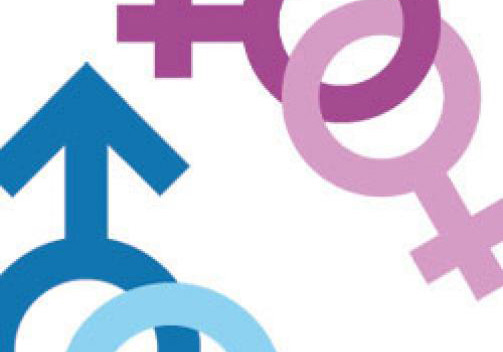
May 3, 2010 | Advocacy, Analysis briefs
The most visible example of oppression on the grounds of sexual orientation is the continued criminalization of sexual activity between consenting adult partners of the same sex in many states around the world.
Regardless of whether they are enforced, these so-called sodomy laws have the effect of stigmatizing an entire group of people as criminal. International law on the issue is clear. Such laws violate human rights. In this ICJ Briefing Paper, we analyze the application of international human rights law to the criminalization of same-sex sexual conduct.
International human rights law and the criminalizaion of same-sex sexual conduct-anyalsis brief-2010 (full text, PDF)

Mar 5, 2010 | News
The ICJ expressed concern at the deteriorating situation in Sri Lanka and welcomed the UN High Commissioner for Human Rights’ emphasis on countering discrimination, including on the grounds of sexual orientation.
The ICJ also called on the Council to consider establishing a dedicated mandate – such as the Early-warning Commission – to identify the emergence of human rights violations in crisis situations and make recommendations to the UN to prevent human rights violations and ensure accountability of their perpetrators.
SriLanka-humanrightsviolations-web story-2010 (full text, PDF)

Jul 22, 2009 | News
The ICJ releases the electronic version of Practitioners’ Guide No. 4: Sexual Orientation, Gender Identity and International Human Rights Law.
Around the world, people of diverse sexual orientations and gender identities are singled out for abuse. In states with laws that criminalize same-sex sexual conduct, LGBT people are arrested, detained, tortured, and, in some cases, executed.
Even in states with no official penal sanctions, LGBT people are the target of violent hate crimes, harassment, and ostracism. They live in fear of losing their jobs, their housing, and their families, all because of how they live and whom they love.
For the past five years, ICJ has worked on promoting the applicability of human rights law to violations based on sexual orientation and gender identity. Together with the International Service for Human Rights, ICJ facilitated the development of the Yogyakarta Principles.
This document, drafted by a distinguished group of human rights experts, articulates the human rights principles that apply to sexual orientation and gender identity, and identifies the legal sources of States’ obligations to protect, promote and fulfil rights.
Drawing on the Yogyakarta Principles, the ICJ wrote the Practitioners’ Guide to provide judges, lawyers, and activists a detailed understanding of the legal foundations for the protection of people victimized on the basis of their sexual orientation or gender identity.
The Practitioners’ Guide offers a comprehensive review of the principles of non-discrimination, equality, and privacy. It then analyzes the scope and nature of the legal prohibition against some of the most severe violations – torture, deprivation of liberty, extrajudicial and arbitrary executions, and denial of the rights to freedom of expression, association, and assembly.
Through the Practitioners’ Guide, the ICJ hopes to increase awareness of human rights principles that protect people of all sexual orientations and gender identities, as well as to encourage legal advocacy.
For the text of this Practitioners guide, see Sexual orientation, gender identity and international human rights law – Practitioners’ guide, no. 4

May 27, 2004 | Non-legal submissions
El presente documento fue preparado por la CIJ en apoyo a la importante iniciativa de Brasil para tratar el tema de la no discriminación basada en la orientación sexual durante la 60ma. sesión de la Comisión de Derechos Humanos de las Naciones Unidas.
Este documento contiene extractos de decisiones de los órganos de vigilancia de los tratados, de procedimientos especiales de la Comisión de Derechos Humanos, así como mecanismos regionales de derechos humanos que explícitamente se refieren a la orientación sexual. Este documento tiene el objetivo de compilar aquellas decisiones relevantes que pudieran coadyuvar a enfocar el debate y a promover la adopción de decisiones informadas por parte de los estados miembros durante esta sesión de la Comisión.
sexualorientation-advocacy-2004-spa (full text in Spanish, PDF)








